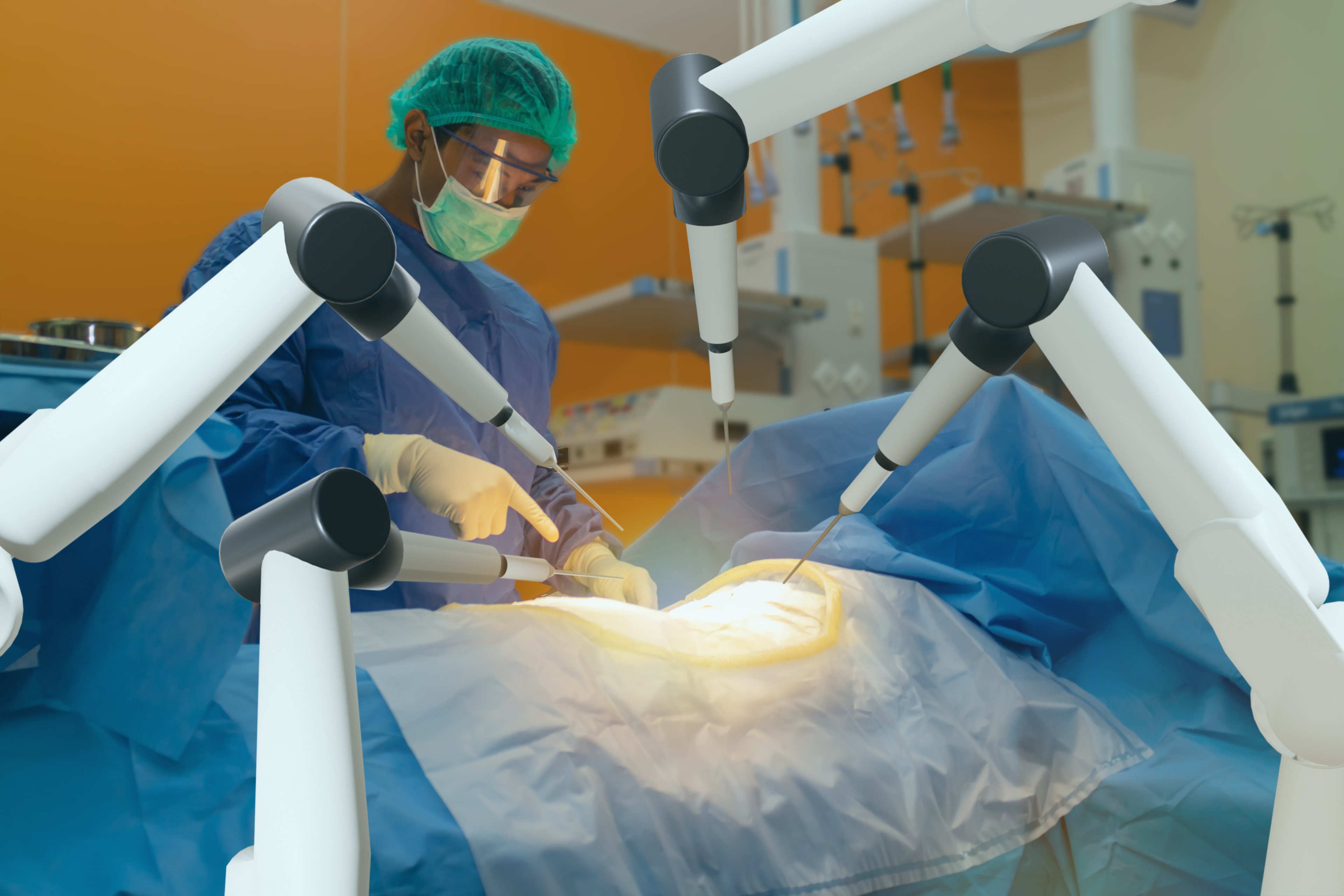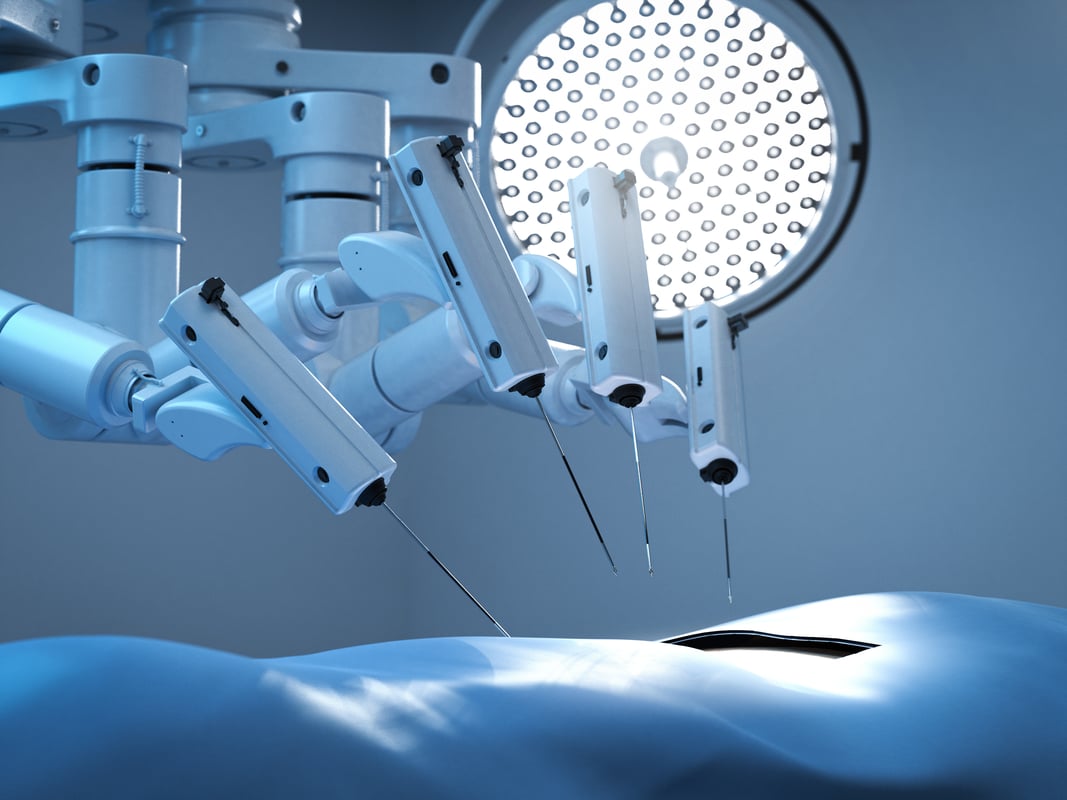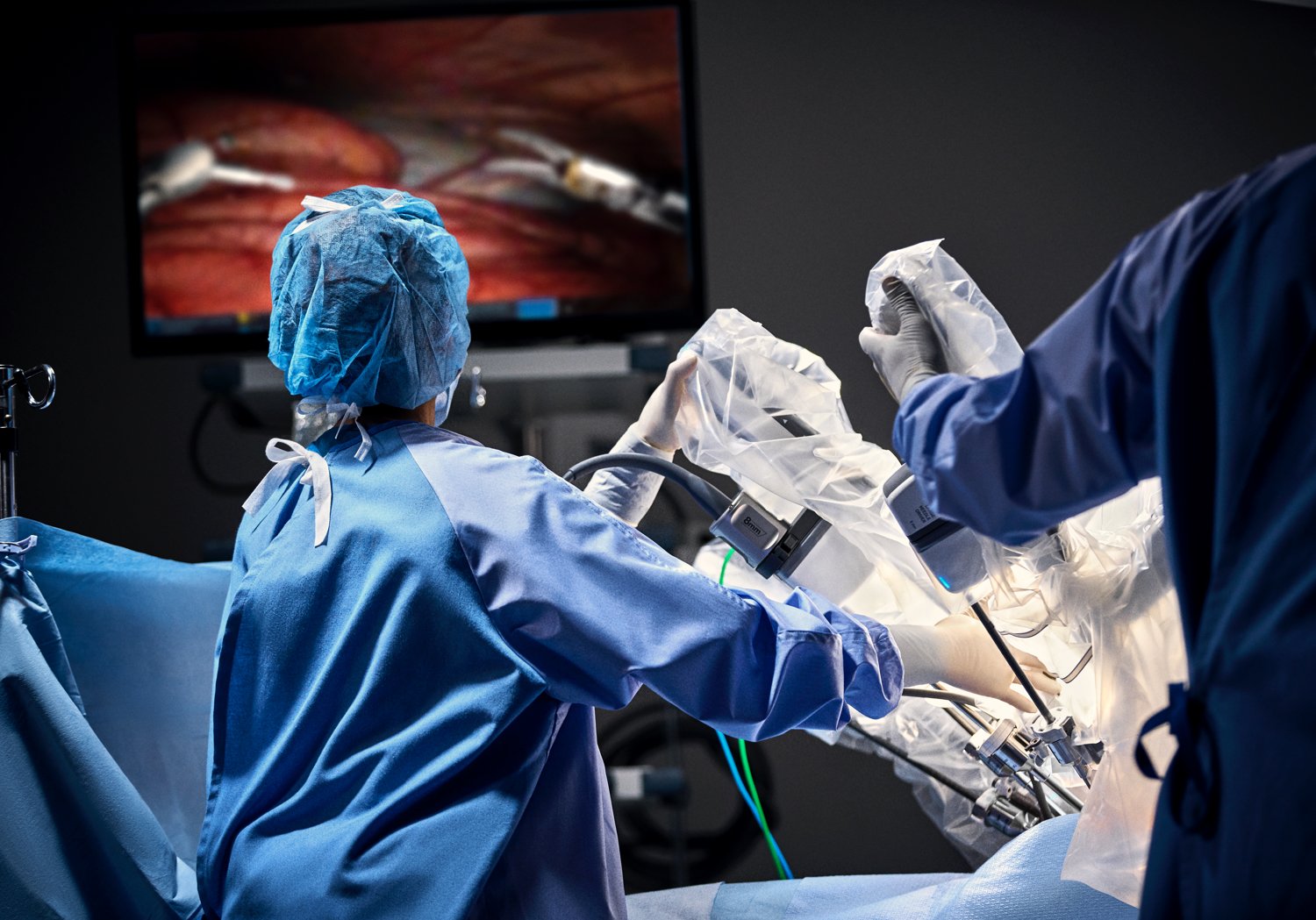Medtronic's (MDT +0.47%) salespeople have been generating leads for Mazor Robotics' (MZOR +0.00%) robotic surgery system since last year, and recently, the two companies agreed to let Medtronic take over global marketing entirely. Since Medtronic already owns over 10% of Mazor Robotics shares, could an outright acquisition be on the horizon?
In this clip from The Motley Fool's Industry Focus: Healthcare podcast, analyst Kristine Harjes and contributor Todd Campbell explain how these companies are working together and what the future may have in store for Mazor Robotics' investors.
A full transcript follows the video.
This video was recorded on Sept. 6, 2017.
Todd Campbell: Kristine, we spent a lot of time talking on the show about companies in biopharma. We don't really talk as much about companies in med-tech. And I thought it might be interesting to go out and try to find a company in med-tech that fits three criteria. I wanted to find something that's a little bit off the beaten path, something that's disrupting an industry. I also wanted to find something that already has a product on the market that's delivering sales growth, and I wanted to find a company that was already being shown some interest or some love by a larger company that could potentially become an acquirer. And when I put all that stuff up in the mixing bowl, the name that popped out for me was Mazor Robotics, a robotics company that's re-envisioning the way surgeons do spinal surgery.
Kristine Harjes: At first, when I looked at this company, I was like, "Oh, well, Intuitive Surgical (ISRG 3.59%), they're just going to dominate this space, why would I ever be interested in a smaller player?" But it turns out that there's actually two pretty separate markets. Mazor has the Mazor X and the Renaissance System that helps surgeons perform spine and brain procedures, which is pretty different from what Intuitive Surgical -- which, if listeners aren't familiar with them, they are the Goliath in robotic surgery. But Intuitive focuses on gynecological, urology, and general surgery.
Campbell: Right, more laparoscopic stuff.
Harjes: Right. So what Mazor is improving the accuracy of surgeons when they're doing these surgeries, it reduces complications, it minimizes the need for inner operative X-rays, which is great because that will lower the radiation doses that patients are exposed to, and it leads to a faster recovery and less postoperative pain. All good stuff there.
Campbell: Which is very important. You have to remember that these procedures are being reimbursed by Medicare and Medicaid at fixed rates. So the more that hospital can reduce, say, recovery times, get patients in, get patients out, avoid complications that may end up having them return to the hospital where they're not likely to get reimbursed as much from Medicare and Medicaid, the better. I equate this company, Mazor, to where Intuitive Surgical was maybe five years ago, in the stage of, OK, we're at the tipping point where we've invested a lot of time, effort, and energy over the course of the last few years, and trying to establish ourselves with those first-mover surgeons, the ones who are saying, "yes, I want to be on the cutting edge of technology." And now we're getting to a point where there's enough clinical data and papers published and things going on that it's becoming a little bit more mainstream. You're reaching that tipping point where more hospitals may go out and start buying these machines, which are relatively expensive machines. They can run $800,000 to $1,000,000. So it's a big investment for these hospitals and surgery centers. I think that's what we're seeing now. We're seeing Mazor generate pretty rapid growth for its latest system, which is the Mazor X.
Harjes: Which is a win-win, because the more hospitals and surgery centers that you can get into, you not only have the sales from the systems themselves; you also get roughly $1,500 per procedure in disposables sales. That's that razors-and-blades model that we talked about with Intuitive Surgical. Plus, you also get the service contracts. So at this point, Mazor just wants to sell the most of these machines that they can to continue getting in that constant revenue from the procedure sales and from the service contracts. So what they've done is, they've enlisted a little bit of help.
Campbell: Yes. And this brings us to the big company that's showing it some love part of the segment, where we step back and say, what's the spine market look like? And if this company is disrupting the spine market, what players in spine right now are paying attention? And the company that is really paying attention is Medtronic. Medtronic cut a deal with Mazor last year to start using its sales force to generate out leads that would get surgeons at the hospitals that it calls upon to go check out Mazor's system.
Harjes: Yeah. This is a partnership that had initially the responsibility for the two of these two companies to both be marketing these machines through the end of this year. Then it had some options that came at the end of the year. But we actually just found out earlier this week, I believe it was, that phase 2 of the agreement is already going to kick in, which means that Medtronic will take over the exclusive rights to distribute the Mazor X system, and it'll also make another investment in the company.
Campbell: Right. It was kind of like a courtship. You went out on a date to see if the two of you liked each other. You had Medtronic giving some very preliminary training on Mazor's system, learning a little bit about it, and then of course, starting to talk about it with the people they were calling upon and get those people to go. The way that the deal had structure originally was, if the phase 1 portion of the deal had gone well, then you would advance to phase 2, where Medtronic takes over 100% of all the marketing of it. But that wasn't expected to happen until February of 2018. Instead, they're doing it now. So that tends to show you a little bit of the opportunity that Medtronic thinks there is for the Mazor X, and how it thinks it may dovetail into its own spine platform, which includes things like, say, the implants that are being used by this system during these surgical procedures, and some of the other componentry that's used by this system during these procedures. You have Medtronic doing $649 million in quarterly sales tied to spine alone. And you have Mazor possibly on the cusp of contributing much more meaningfully to that number over time, now that Medtronic is taking over the responsibility of marketing them. Which, by the way, is global marketing, which is huge, because up to now, Mazor has really only penetrated the U.S. market. It's not very well penetrated outside the U.S.
Harjes: Yeah. I haven't even seen ex-U.S. numbers as projections from Mazor, but within the U.S. alone, the opportunity is still huge. Last year, they only used the system in 5,000 different procedures in the U.S., but they estimate that the total addressable market in just the U.S. is 500,000. So stretch that out to the global opportunity, and yeah, absolutely, this opportunity is enormous.
Campbell: Yeah, I don't know if this is going to get to the size of an Intuitive Surgical. I think there's a likelihood that at some point, Medtronic maybe just swoops in and buys up the company lock, stock, and barrel. It's already, Kristine, as part of these deals, putting its money where its mouth is and buying shares in Mazor.
Harjes: Yep. The equity stake is also huge, just as a vote of confidence from Medtronic, which is a Goliath in the space.
Campbell: Right. There are three tranches that Medtronic took advantage of. They bought some shares at $11.42, which has worked out really well for them. They bought another 4% at $21.84. Now, they have a third tranche that they're buying at $38.46. Once they're all said and done, they're going to already own about 12% of Mazor, with a potential to take that up to between 14% and 15% because of some warrants.







